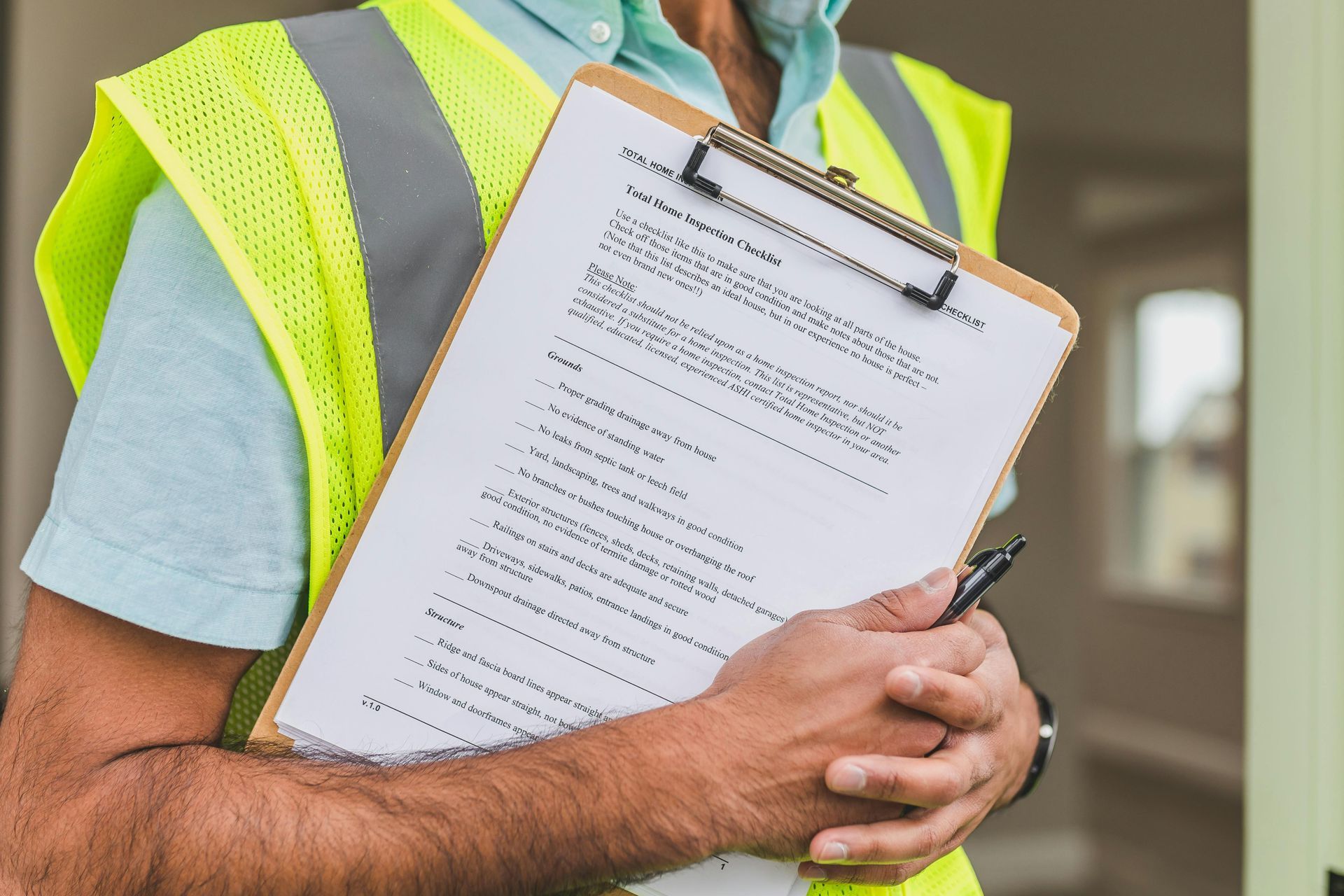STAR blog

When recovering from an injury, returning to work isn’t just about finding any job—it’s about finding something meaningful. That’s where a Vocational Assessment comes in. It’s a crucial step in identifying suitable employment options that align with your interests, experience, and medical recommendations. What is a Vocational Assessment? A Vocational Assessment is a standardised assessment carried out by a qualified Registered Psychologist or Rehabilitation Counsellor and aims to help you understand the types of roles that would best suit your skills, capabilities, and recovery journey. The assessment is a personalised process that considers: Your employment history Your skills and qualifications Your interests and hobbies Any ongoing medical recommendations The current labour market and job demand It’s a supportive process designed to explore real opportunities for re-entering the workforce in a safe and sustainable way. The Assessment Process: What to Expect 1. Initial Contact A STAR Consultant will be in touch to schedule your appointment. You’ll receive a confirmation letter with the time, date, and location of your session. We’ll also send a reminder via SMS closer to the appointment date. 2. Face-to-Face or Online Assessment During the assessment, the consultant will ask questions about your work history, interests, lifestyle, and any physical or psychological limitations. In some cases, standardised tests or work interest testing may be used to better understand your aptitudes and preferences. 3. Labour Market Analysis A key part of the assessment involves reviewing current job market data to ensure any work options discussed are not only suitable but also realistic and available. 4. Medical Verification Any recommended roles will be cross-checked with your treating doctor or specialist to confirm they’re medically appropriate for your condition. 5. Reporting The findings are compiled into a Vocational Assessment Report and shared with you, your insurer and STAR consultant. This document serves as a valuable tool in planning your next steps. 6. Work Trial Opportunities In some cases, STAR may use the results of the assessment to help identify suitable work trial opportunities. These are tailored to your specific abilities and recovery goals. The Benefits of Engaging in a Vocational Assessment Clarity and Direction Many people find themselves unsure about what they can or should do next. This assessment helps provide clear, evidence-based guidance about suitable workplace options. Confidence Boost Recognising how your current skills and interests can translate into meaningful job opportunities can boost your confidence, particularly after time away from work or when facing a potential career change. Tailored Support The process is designed around you. It considers not only your physical capacity but also your aspirations and values, helping you feel more motivated about returning to work. Informed Decision-Making With current labour market data and medical recommendations built into the process, the results offer a balanced and practical foundation to support you in moving forward. Ready to explore your next steps? If you’re recovering from an injury or navigating a return to work, a Vocational Assessment might be an ideal starting point. Talk to STAR today to find out how we can help identify work that works for you.

Workplace injuries can disrupt lives and businesses, but early intervention can make a significant difference in recovery outcomes. Acting quickly after an injury not only helps workers return to their jobs sooner but also reduces costs for employers and insurers. In this article, we explore why early intervention is essential in workplace rehabilitation and how it benefits all stakeholders. What is Early Intervention? Early intervention refers to the proactive management of workplace injuries immediately after they occur. Instead of waiting for a worker’s condition to worsen, rehabilitation begins as soon as possible. This approach includes: Rapid assessment and treatment planning Immediate communication with stakeholders, including the treating doctor Psychological support to address stress and anxiety A structured recovery at/ return-to-work plan Why it Matters Faster Recovery – Prompt rehabilitation reduces the risk of complications and chronic pain. Improved RTW Outcomes – Workers who receive early support are more likely to return to work successfully. Lower Costs for Employers and Insurers – Shorter recovery times mean lower compensation costs and productivity losses. Better Worker Well-being – Addressing psychological and functional needs early prevents long-term mental health issues. Stronger Workplace Relationships – Employers who support injured workers early build trust and retention. How STAR Injury Management Implements Early Intervention At STAR, we specialise in early intervention workplace rehabilitation by providing: Early Comprehensive Assessments: Identifying physical and psychological barriers to recovery from the beginning. Collaboration with Treating Parties, Employers and Insurers: Ensuring seamless communication and support and collaboration on an agreed R@W/ RTW plan Tailored R@W/ RTW Plans : Creating structured plans to support gradual return to work Early intervention is a game-changer in occupational rehabilitation. By acting fast, employers, insurers, and rehabilitation providers can improve recovery outcomes, reduce costs, and enhance workplace well-being. If you are looking for expert early intervention services in the ACT, NSW or WA, STAR is here to help. Contact us today to learn more about our approach to workplace rehabilitation.






